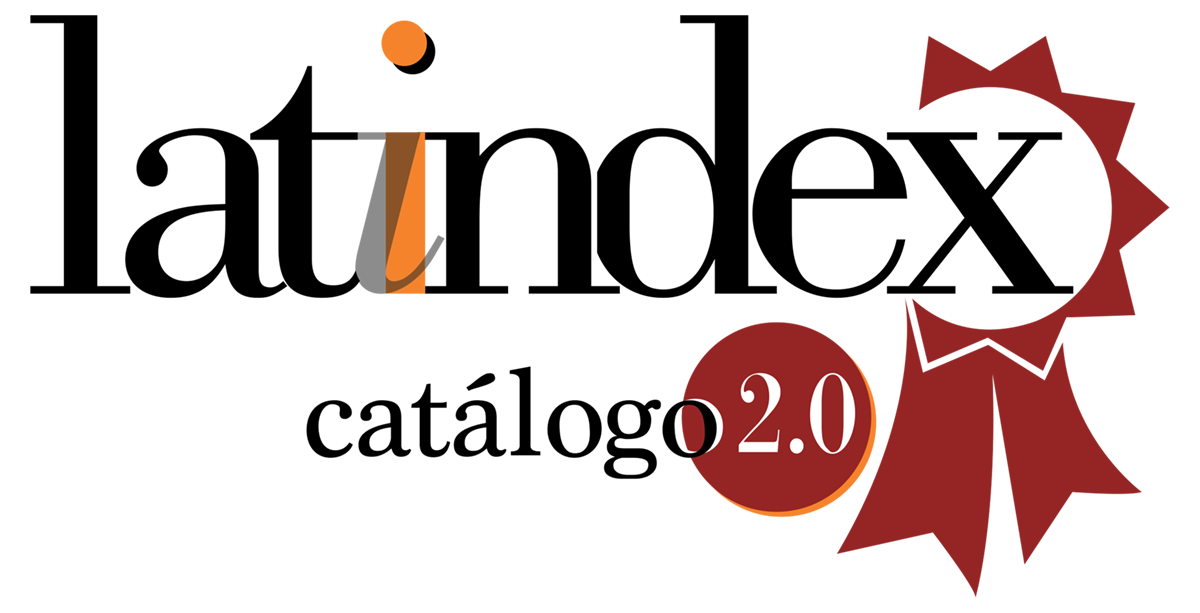Directrices para revisores
The experience and expertise of experts in the review process are fundamental to selecting the articles we consider for publication and are essential to maintaining the journal's quality standards.
Reviewer Responsibilities
- Confidentiality: Maintain the confidentiality of the review process and do not disclose any information about the article.
- Subject Matter Expertise: Possess solid knowledge in the article’s subject area to evaluate its relevance and contribution to the field.
- Impartiality: Evaluate the work objectively, without bias, regardless of the authors' identities.
- Workflow: Adhere to the established deadlines for completing the review and provide feedback within the assigned timeframe.
- Communication with the Editor: Communicate any concerns or questions directly to the journal’s editor clearly and promptly.
- Constructive Feedback: Provide detailed and constructive comments to help the authors improve their work.
Parameters that Ensure the Quality and Integrity of the Work
- Topic Relevance: Verify the pertinence and importance of the topic addressed in the manuscript.
- Structure and Organization: Review the overall structure of the manuscript—including the introduction, methodology, results, discussion, and conclusions—to ensure a logical and coherent presentation.
- Compliance with Guidelines: Ensure that the article adheres to the journal’s editorial guidelines and standards.
- Methodology and Scientific Rigor: Evaluate the validity and robustness of the research methodology, ensuring that it is appropriate for addressing the research questions.
- Originality and Contribution: Assess the originality of the work and its unique contribution to the existing body of knowledge.
- Clarity in Presentation: Analyze the clarity and coherence of the language used in the article, ensuring it is understandable to the target audience.
- Data Analysis: Critically examine the statistical analysis and interpretation of the results, ensuring that they are accurate and relevant to support the conclusions.
- Bibliographic References: Evaluate the quality and relevance of the cited references, ensuring they are correctly formatted and adequately support the work.
- Presentation of Figures and Tables: Review the presentation of figures and tables to ensure clarity, relevance, and proper numbering and labeling.
- Compliance with Journal Guidelines: Confirm that the manuscript meets the specific guidelines and requirements of the journal, including the format and length of the article.
- Compliance with Ethical Standards: Verify that the research adheres to established ethical standards, including the proper disclosure of acknowledgments, funding sources, and potential conflicts of interest.
- Constructive Proposals for Improvement: Provide constructive and specific suggestions to improve the manuscript, highlighting both its strengths and areas needing attention.
Reviewing these parameters ensures a complete and rigorous evaluation of the manuscript, contributing to the overall quality of the editorial process and ensuring the publication of high-quality work in the journal.
Review Report
It is based on a detailed evaluation of the parameters that ensure the quality and integrity of the work:
- Accept for publication with major revisions, after which it will be subject to a new evaluation.
- Accept for publication with minor revisions, with no need for a subsequent review.
- Accept for publication without any changes.
- Reject, but allow resubmission; the article requires substantial revision.
- Reject without the possibility of resubmission.

















